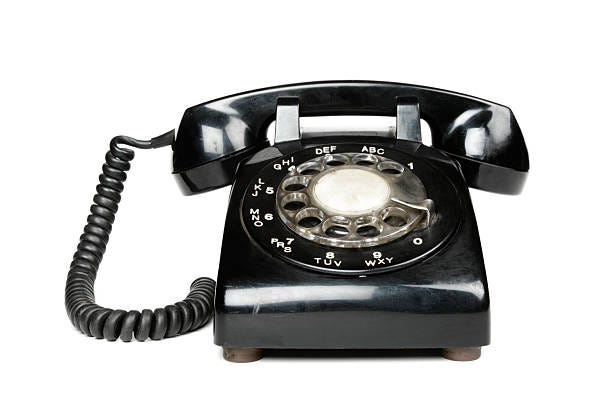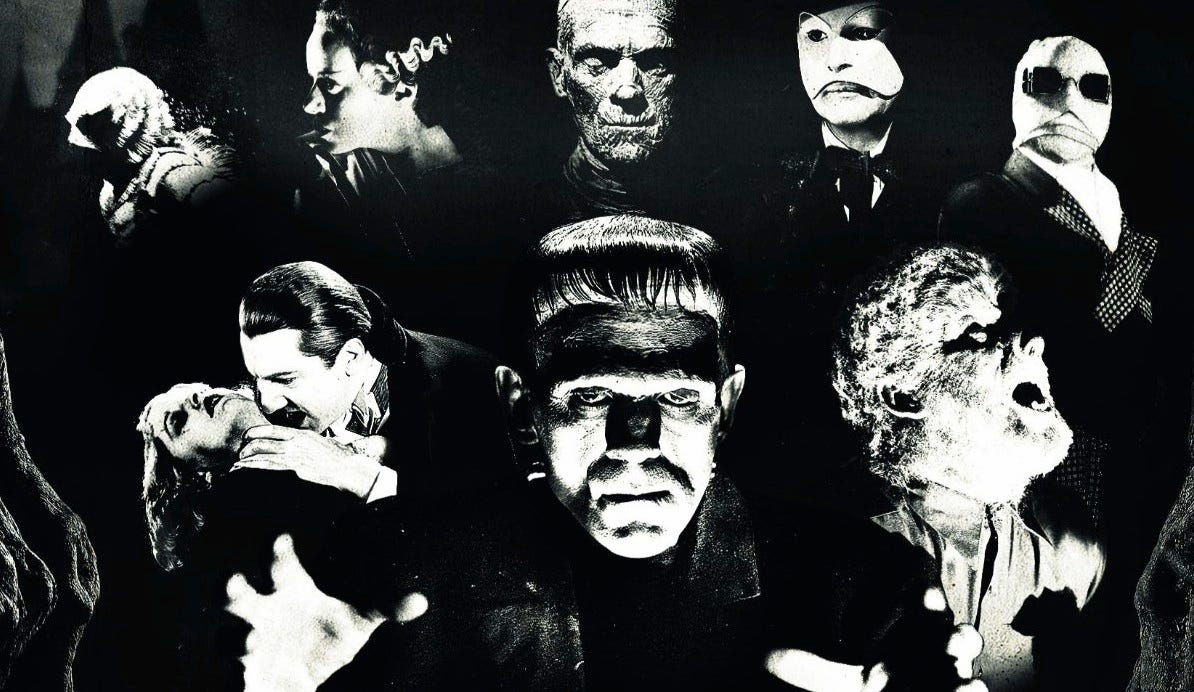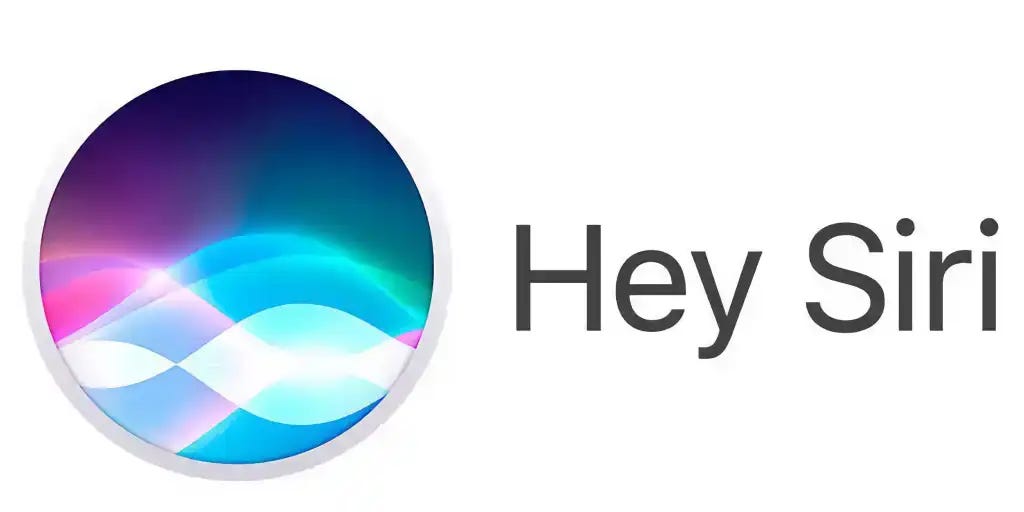Listen to Gary Robinson read this full article
“I miss the good old days.” A statement probably echoed by every generation on the planet at some time in their lives. But memories of “those good old days” tend to focus only on the pleasant ones. And what was pleasant for some, were horrific and tragic for others. Southern plantations are just one of many examples of this type of duality of remembrance.
However, certain technological advances have many of us longing for the good old days. Back in the day, way back, most people had one phone. Two, if you were an aristocrat. And it was this big, heavy, black metal and plastic device. Often used as a murder weapon in many black and white movies. But, I digress. You had to pick up the handle, and dial each number, one at a time, by placing your finger in a hole on the dial of that number, while moving your finger and the dial clockwise until it stopped. And if your finger slipped out, you had to start again from the first number. Fun times.
Then touch tone phones were invented. They were lightweight plastic and came in a variety of colors. And no more finger dialing workouts. Just push a button for each number. And voilà!
One thing these phones had in common was privacy. Especially if you only had one. If you had two, you just had to make sure your mom or a nosey sibling wasn’t listening on the other phone. Simple times. Then came the call-waiting feature, phones in cars, answering machines and pagers. Then the communication device that forever changed our lives, the cell phone. Landlines became dinosaurs of communication. Soon everyone and anyone had a cell phone. And this is where the movie starts to get scary.
Debates over age restrictions. Banning use in schools and in workplaces. Then came texting. And the end of privacy as we knew it. Shared texts caused fights in schools, break-ups, firings, lawsuits, divorces and incarcerations. Which was further escalated with the technological marvel of turning your phone into a camera. Then Pandora’s Box was really opened with the invention of the internet. And now you’ve got a phone with internet access to anything and everything. All this access and knowledge in the hands of kids, teenagers, radical extremists, sexual predators and politicians. What could go wrong? Now let’s throw in personal computers with video chat. And the age of social media. Which is usually neither social nor media.
All this brings us to the apex of all technology as we know it, Artificial Intelligence. And while all the other technology has it’s incalculable list of pros and cons, AI is on a whole other level. Nothing in society today is as equally embraced and feared as AI. ALEXA is a prime example of this bipolar reaction. Alexa is an application powered by AI. Amazon’s Alexa is a voice-controlled system that works alongside the Echo speaker that receives the spoken request. According to a CNN Business Perspective’s article written by Kara Alaimo, Amazon recently acknowledged that it employs people to listen to an “extremely small number of interactions from a random set of customers” who have the company’s virtual assistant, Alexa, on devices such as smart speakers in their homes. The company says it does so in order to improve the accuracy of the software’s future responses. So much for privacy. But that’s just the beginning. Alexa has also been reported to come on accidentally, record conversations and forward those private conversations to family members, employees or others on your contact list. And warnings have been issued that placing Alexa in your bedroom may not be wise. Unless you’re into that sort of thing. Alexa is not alone in this tech world of diminished privacy. Google Assistant and even Siri are listening in and doing who knows what with our personal information and conversations. And yes, you can opt out of a lot of these intrusive features. Just read your owner's manual. Or just ask Alexa. Hmm…maybe not. I miss my rotary phone.








